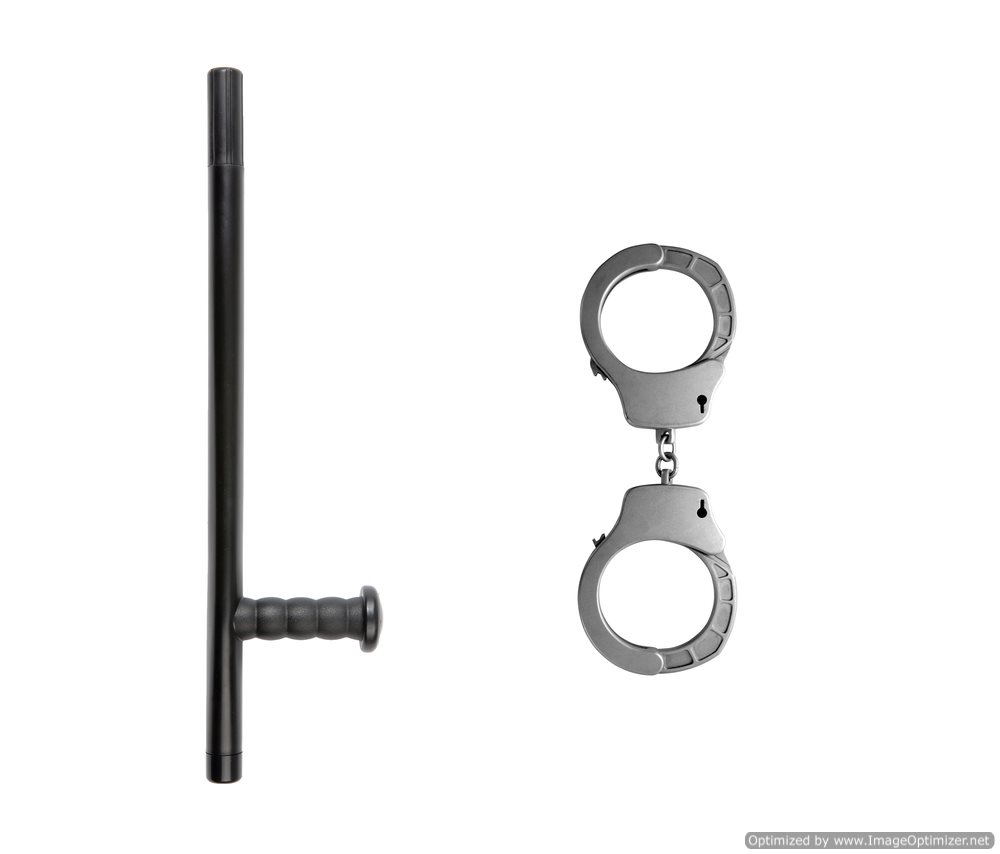A Sex Dungeon Education



California Governor, Jerry Brown, signed a bill Thursday July 14th, making his state the first in the nation to teach lessons about the gay and lesbian community in public social studies classes.
Brown, a Democrat, signed the bill requiring public schools to include the contributions of gay, lesbian, transgender and bisexual people in social studies curriculum.
When defending the bill against a conservative uproar, Brown stated, “History should be honest. This bill revises existing laws that prohibit discrimination in education and ensures that the important contributions of Americans from all backgrounds and all walks of life are included in our history books.
Republican lawmakers and an assortment of churches—who oppose the bill because it subjects to students to teachings that parents find objectionable—labeled the bill as well-intentioned, but horribly conceived.
Although the two sides—those supporting the bill and those vehemently against it—face ideological differences, supporters of the law applauded the social evolutionary nature that the bill will inevitably institute.
The bill’s primary author, State Senator Mark Leno, hailed the bill, claiming it as a significant step towards social equality and teaching tolerance. Supporters state that the bill will teach students to be more accepting of others, particularly the gay and lesbian communities.
The law, labeled SB48, will require the California Board of Education and its local school districts, to adopt textbooks and other resources that cover the contribution and roles of sexual minorities as soon as the 2013-2014 school year.

Tyrie Davis, aged 17, was heading home from his Manhattan high-school when he smelt something foul. In response to the odor, Davis said aloud, “it smells like doo-doo.” A fairly routine comment; however, was not taken so lightly by a New York police officer, who thought the remark was directed towards him.
Following the comment, Davis claims that a number of officers exited a nearby unmarked van to scold the student and place him under arrest. Davis was then brought to the local police station where he was summoned for disorderly conduct.
The peculiarity of this story did not stop with the arrest. Following Davis’s release (at 3 a.m.), arresting officer, Joseph Murphy and fellow cop, Jose Ocasio, accosted Davis when the teen exited the police station. Seemingly incensed by the comments, Murray and Ocasio, according to the criminal report filed by teen’s mother, struck Davis repeatedly “with closed fists and kicks.”
The incident, which took place on February 18th of this year, made headlines this week as both Ocasio and Murphy were charged with third-degree assault, harassment and official misconduct. Currently, the two officers await trial.




Jennifer Mee, a well-known 19 year old girl from Florida has
been charged with first-degree murder. Mee was made popular earlier, in 2007,
because of a unique condition causing her to hiccup up to 50 times per minute. Her
condition lasted nearly five weeks, and dubbed her the ‘hiccup girl’.
Mee was arrested along with Laron Raiford and Lamont Newton,
both males in their early twenties. All three have been charged with first
degree murder of Shannon Griffin, and if they are found guilty, may face the
death penalty.
Griffin was found with multiple gunshots to his upper body.
Police investigation has led to the belief that Griffin was the victim of an
armed robbery. Allegedly, Mee lured
Griffin to the scene where Raiford and Newton then robbed Griffin at gun point
prior to shooting him.
The three individuals have admitted their involvement. Mee
is currently being held without bond.

Over $3.6 million worth of donations have been donated to Arizona
to help increase laws to crack down on illegal immigration. Donations came from
both in state and out of state donors.
Timothy Mellon, a Wyoming resident from a well-known Pittsburgh
steel family, donated $1.5 million to a legal defense fund. Over 42,000 people
from other states have contributed to Arizona to help enforce the law.
The law, which was passed earlier this year, considers illegal
immigration a state crime and requires police to check immigration status of
those who are suspected to be in the state illegally.
Since the law was passed, a national debate was sparked and
allowed for nearly 25 other states’ representatives to claim that they would
draft similar laws if they were elected. Arizona is currently regarded as a
testing state for battling illegal immigration as well as figuring at what laws
work best.

Melissa
Chesney, a 46 year old Southern California woman, has been sentenced to prison
for five years. Chesney, known as the Botox Bandit, has been charged and
sentence for committing felonies which included burglary, fraud, and identity
theft.
Officials
from the Orange County district attorney’s office explained that Chesney received
her nickname of the Botox Bandit because she committed fraud in hopes to
undergo in Botox treatments.
Chesney,
during her sentencing, pleaded guilty to 21 felonies, nine of which were counts
of burglary. In 2009, between February and May, Chesney visited numerous salons
in the Orange County area nearly 20 times. While she visited these salons, Chesney
used faked names and fraudulent checks to pay for Botox treatments, skin
treatments, and a variety of body products
While
in court, Chesney also pleaded guilty to burglarizing stores such as Kohl’s,
and a software store.

Arizona State is taking unusual measures to fix the effect that
they are having due to a nationwide shortage of a lethal injection drug. To
increase their supplies, Arizona is looking towards other countries for the
drug.
This option to do so, not only raises questions about the
thoroughness and effectiveness of the drug, but it also allows for the inmates
to be able to challenge the use of the drug that may or may not be inspected by
the U.S Federal inspectors.
Arizona officials have said that they got their lethal injection
drug, sodium thiopental, from Britain. They have done so to continue the rate
of executions; since spring 2010, the executions have been at a slower rate.
Currently there are 35 states in the United States which
legalized executions by lethal injections. The drug used in the lethal injections,
which is from the U.S, is FDA-approved; there are no other FDA-approved drugs
from overseas currently being manufactured. Many prosecutors have said that since the
delay of executions, the public has lost faith in the criminal justice system.